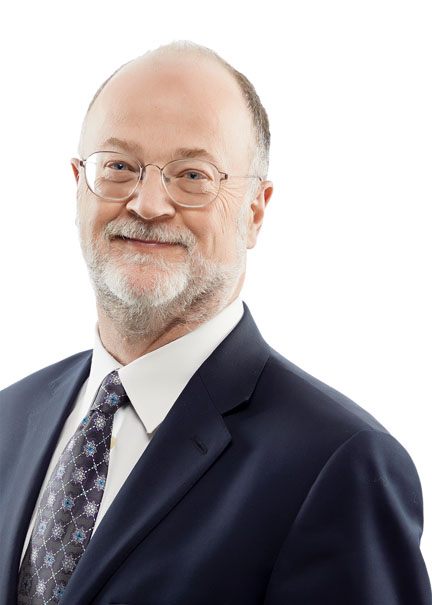If you have views on how the Law Society of Upper Canada should act when it comes to allowing non-lawyers to own law firms, now is the time to put in your two cents.

The law society released a
discussion paper this week hoping to draw out the profession’s thoughts and concerns when it comes to alternative business structures.
The law society has four proposed models for ABS that include allowing partial or unrestricted restricted ownership by non-lawyers. The idea is that increased investment and knowhow injected into the legal profession from other industries would foster the kind of innovation needed to fill the access to justice gap.
But as
Law Times recently
reported, not everyone in the legal profession is excited about the idea of non-lawyers owning firms. Many solicitors feel alternative business structures are a response to a problem they had no role in creating but allowing non-lawyer ownership of firms could stomp out their often small or solo practices.
“We don’t feel our clients have an access to justice issue. We tend to give very good service to our clients at a pretty reasonable price,” said Nancy Johnson, chairwoman of the County of Carleton Law Association real estate lawyers committee.
“We just don’t feel that having other shareholders to be answerable to is going to improve anything for our clients,” she added. “We haven’t been able to appreciate what the concern is so far that this is designed to cure. We not clear on how [ABS] is beneficial to our clients because in many respects, we feel we’re already there.”
Those are the kind of concerns the law society is hoping to hear about, says Malcolm Mercer, a law society bencher who is part of the ABS working group.
“That’s a really good discussion because it may be the case that because of the negative consequences, assuming them to be right, maybe we shouldn’t do anything or maybe we should do something which looks different than what we’ve thought about so far,” Mercer says.
“Maybe there are ways of doing it which don’t cause consequences or maybe it’s the right thing to do despite [the consequences],” he adds. “Unless you have the discussion and unless you really examine what concerns people have, why they have the concerns, and what you could do about them, it’s too early to make final recommendations.”
The law society will accept formal feedback until the end of December, but Mercer says the working group would also be happy to take calls from members of the profession who want to discuss their views.
This is only the first phase of the consultation period, according to Mercer, who says the law society also plans on hosting regional discussions around the topic.
The four alternative business structure models proposed by the law society are:
• Permitting up to 49 per cent ownership by non-licensees in entities that would only providing legal services.
• Restricting firms to providing legal services, but with unrestricted ownership;
• Allowing up to 49 per cent non-licensee ownership and permitting firms to provide legal services and non-legal services, except those identified as posing a regulatory risk;
• Permitting unlimited non-licensee ownership and the provision of legal services and any other services, except where there is a sufficient regulatory risk identified.

 The law society released a discussion paper this week hoping to draw out the profession’s thoughts and concerns when it comes to alternative business structures.
The law society released a discussion paper this week hoping to draw out the profession’s thoughts and concerns when it comes to alternative business structures.